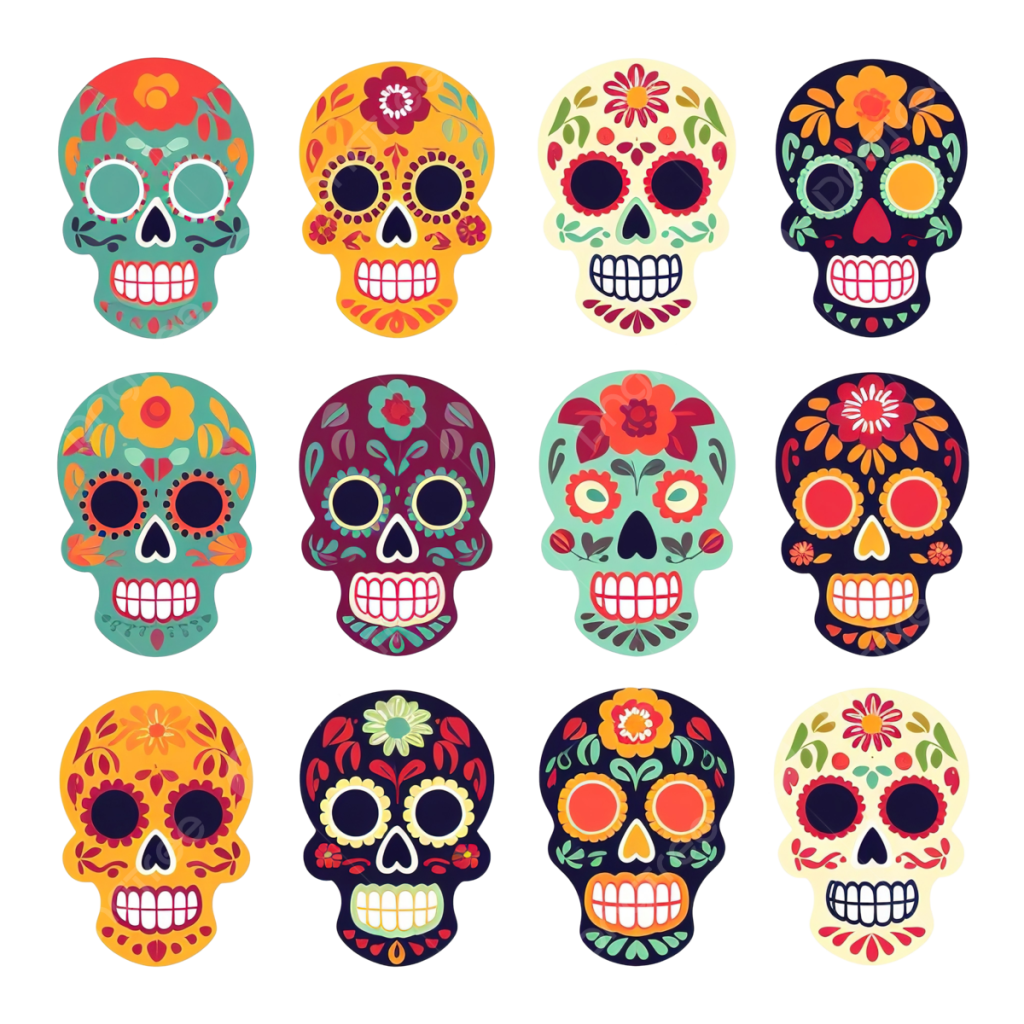As I reflect on Día de los Muertos, the Day of the Dead today, I find myself admiring how this vibrant tradition jives with the Stoic principle of memento mori, the reminder of our mortality.
Memento mori, Latin for “remember you must die,” is a concept that encourages us to contemplate the inevitability of death—not as a source of fear, but as a guide to living a more meaningful life.
Día de los Muertos—a Mexican celebration in remembrance and love for those who have passed—brings this idea to life, honoring the present by acknowledging the brief nature of existence. When the Spanish Catholics conquered Mexico, they moved this day to align with All Saints Day 11/1 and All Souls Day 11/2.
For the Stoics, death is natural and inevitable. Memento mori teaches us to hold each moment closer, knowing that nothing lasts forever. Similarly, Día de los Muertos offers a unique perspective on mortality by encouraging us to see death as a continuation of love, a bond that endures in the memories we cherish and the offerings we make.
I respect Día de los Muertos for its reminder that the lives we remember today were once lived with joy, sorrow, resilience, and dreams—just like ours. It’s a celebration that draws us closer to the essence of our humanity. In the Stoic view, contemplating mortality is a call to live fully. Día de los Muertos mirrors this by inspiring us to embrace life in all its beauty, brief as it is.

This holiday reminds me that there’s a purpose in reflection and honor in remembering, a sentiment that resonates deeply with memento mori. It’s a beautiful, enduring tribute to life and to love that transcends time, and I am grateful for it.

Comments are closed.